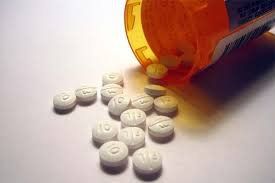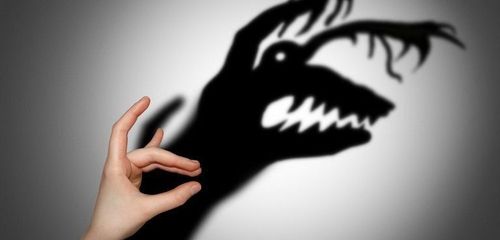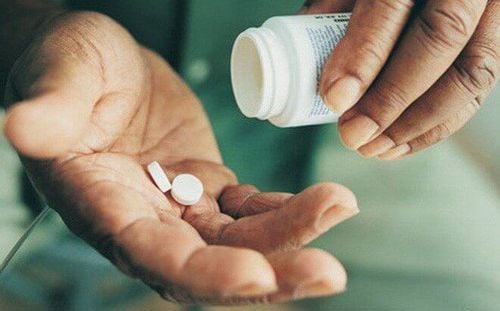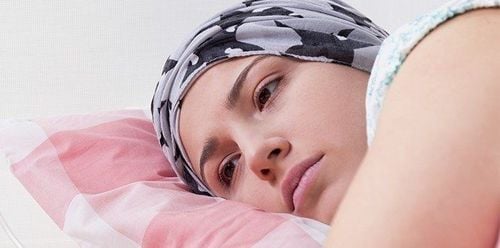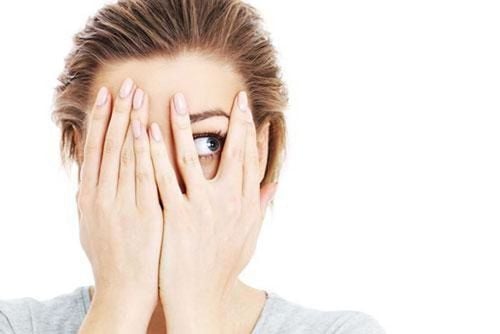This is an automatically translated article.
A stroke is a sudden, shocking condition that affects every part of life. Most people who have had a stroke will experience some emotional changes afterward. Managing and improving the emotional state will help patients quickly regain their balance and have better treatment outcomes.
1. Stroke affects emotions
After a stroke there will be some physical changes in movement, speech, and vision. Moreover, they also feel changes in their emotions. Depression and anxiety are common emotions, but anger, frustration, lack of motivation... can also occur.
These changes occur because a stroke causes physical changes in the brain. Each person's experience of a stroke is different, and for many people it feels like they have lost their former life. Anyone who suffers from this loss will go through a series of emotions trying to accept reality. Feelings of shock, denial, anger, grief, and guilt are normal when the person is faced with such a major life change.
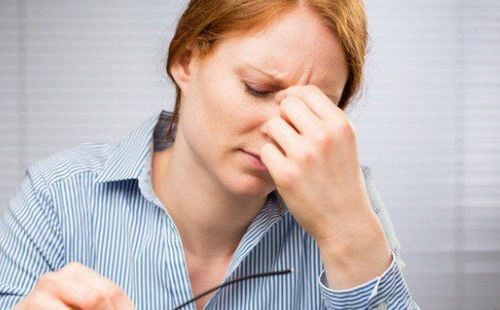
Người bệnh bị đột quỵ sẽ có những thay đổi về mặt cảm xúc
Coping with the emotional changes that occur after a stroke can be difficult. But if the person acknowledges the condition and finds ways to help them cope, this emotion can turn against them and cause health problems.
2. Some emotions change after a stroke
The aftermath of a stroke is a condition that stirs up a range of emotions, from fear, sadness, to anxiety, depression and even anger.
2.1. Depression
A lot of people experience depression at some point after a stroke, usually within the first year.
Depression after a stroke can make people feel sad, empty, irritable, helpless or hopeless. Furthermore, they may have problems sleeping too much or too little. Appetite can also change. These people may lose interest in the things they used to enjoy and also they may spend less time with the people they care about. In addition, they may also experience fatigue or headaches or pain that could not be better treated.
In case, if these people think about suicide, help them get help right away.
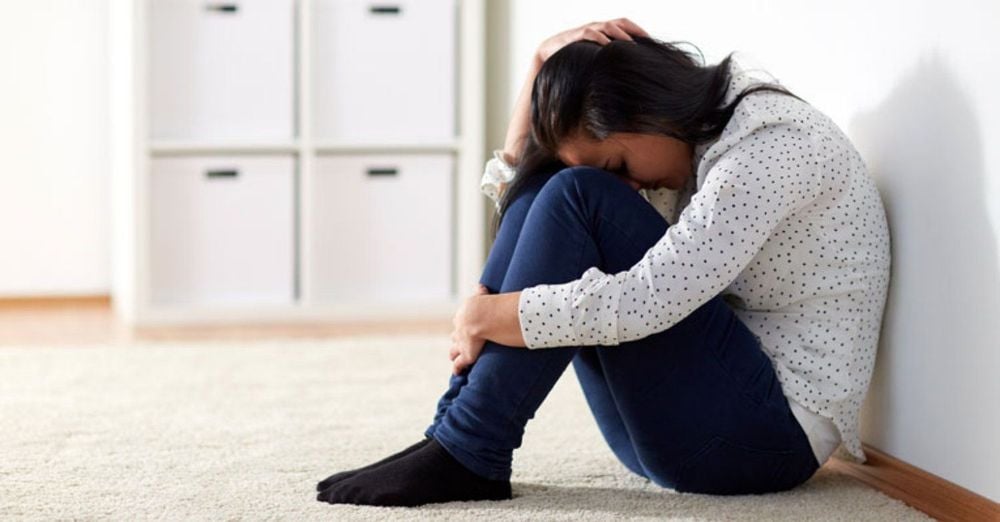
Một số người bị trầm sau sau khi đột quỵ
2.2. Worried
After a stroke there can be a strong feeling of fear or anxiety. Anxiety can make a person feel panicky, irritable, or restless. At that time, the person may sweat more, have a faster heart rate, have headaches, nausea, and feel shaky and short of breath.
2.3. Uncontrolled emotions
After a stroke, the person can have erratic, and unpredictable emotional changes - this is called the pseudobulbar effect (PBA).
With this influence, the person may develop feelings that are not appropriate to the situation they are in. They may laugh at something sad, or cry at something funny. These changes are common for people after a stroke, but they can be difficult to live with. The person may feel like they have lost control of the link between emotions and the way they are expressed.
People sometimes confuse PBA with depression, but it is a separate condition, although anyone can have both at the same time.
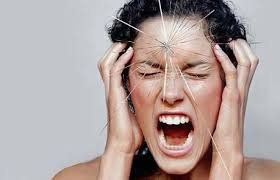
Một số khác lại không kiểm soát được cảm xúc của bản thân
2.4. Other emotional changes
Apathy The sick person may not show any emotions and is not motivated to do anything.
Anger The patient may talk and act angry, or not share how they feel. Some people may be more aggressive after a stroke.
Impulsive behavior Damage to the part of the brain that controls behavior can cause people to do risky things or act without thinking.
3. Dealing with emotions after a stroke
Just as people are treated for the physical effects of a stroke, they can also get help for any emotional changes they feel. Furthermore, let's keep in mind that these changes may not last forever, especially if treated promptly.
One of the best ways to deal with emotional changes after a stroke such as depression, anxiety, and anger is to reach out to groups of people who have experienced this condition.
When sick people talk to others who have had a stroke, whether in person or online, they will also know that they are not alone. They can then get advice and tips to deal with the problems they face. Research shows that social connections can help reduce depression and anxiety after a stroke.
Depression sometimes makes people feel tired, lack of energy. Loss of appetite, feeling empty all the time... If these symptoms persist, see your doctor to discuss and possibly receive some treatment options such as: counseling, talk therapy, or treatment. even with antidepressants.

Duy trì thói quen đi bộ sẽ giúp người bệnh kiểm soát được cảm xúc
Patients can apply some more ways to help better regulate emotions such as relaxation. A long walk, warm bath, or massage can do wonders. Do whatever you can to help your body relax and be relaxed. Exercise: Regular exercise is a great way to help people feel alert when they feel anxious or down. And it can trigger the release of feel-good chemicals called endorphins. Talk to your doctor about exercise options to make the right choice. Avoid bad habits: Using alcohol, tobacco, or drugs may make people feel better for a short time, but they can make their heart disease worse in the long run. Think Positive: Try to find hope in all your situations. Focus on what you can do. Set goals and work towards them to give yourself a sense of purpose.
Please dial HOTLINE for more information or register for an appointment HERE. Download MyVinmec app to make appointments faster and to manage your bookings easily.
Reference source: webmd.com




